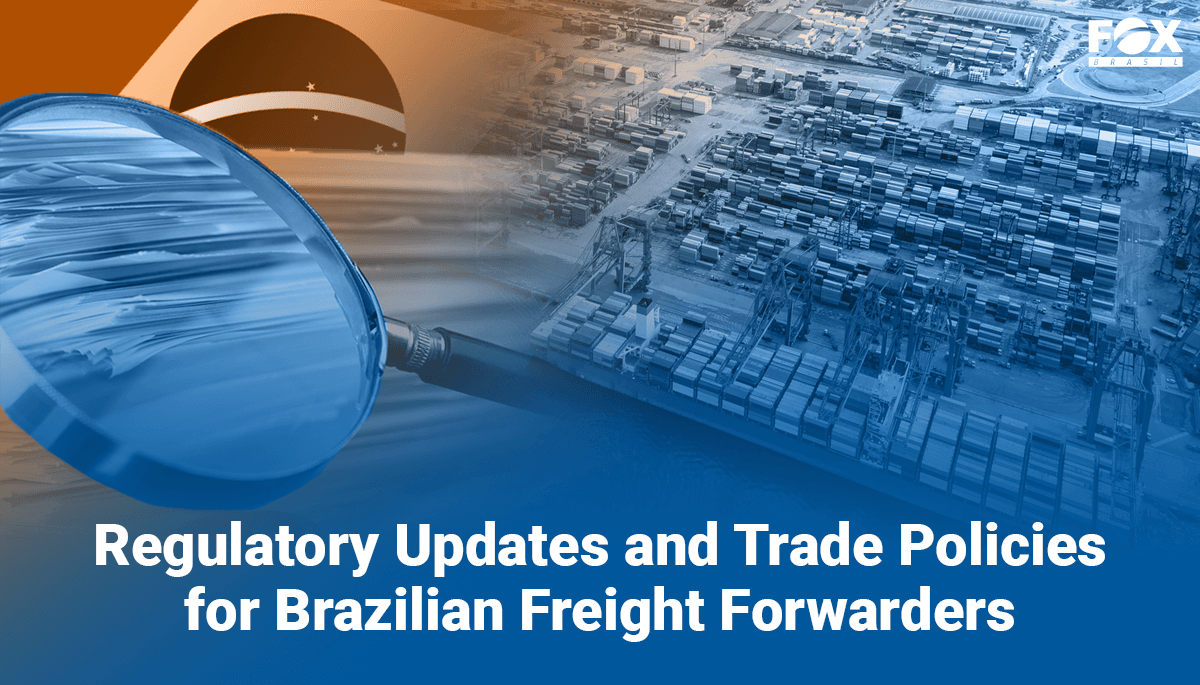Regulatory Updates and Trade Policies for Brazilian Freight Forwarders

Business
Brazil’s trade environment is constantly evolving, and freight forwarders need to stay informed to navigate these changes effectively. This post summarizes recent regulatory updates and trade policies impacting freight forwarding operations in Brazil, including customs procedures and tariffs.
Focus on Streamlining Customs Procedures:
- Digitalization: The Brazilian government is prioritizing digitalization to simplify customs processes. Initiatives like the “Integrated Services for MSMEs in International Trade” (ISMIT) project aim to offer a one-stop shop for trade-related services, potentially reducing paperwork and processing times.
- Trade Facilitation Agreement: Brazil’s adoption of the World Trade Organization’s Trade Facilitation Agreement reflects a commitment to streamlining customs procedures. This translates to potential benefits for freight forwarders, such as faster clearance times and reduced administrative burdens.
Trade Policy Updates:
- Mercosur Agreements: Recent agreements between Mercosur (the Southern Common Market) and countries like Chile, Singapore, and the European Union (though not yet ratified) could lead to tariff reductions for specific goods. Freight forwarders should stay updated on these developments to optimize trade routes and costs for their clients.
- Focus on Small and Medium Enterprises (SMEs): Government initiatives like BRAEXP aim to support MSMEs in international trade. This could translate to increased demand for freight forwarding services catering to smaller businesses.
Staying Informed on Tariffs:
- CAMEX Resolutions: The Brazilian Foreign Trade Council (CAMEX) regularly issues resolutions that can impact tariffs on specific goods. Freight forwarders should monitor these updates to ensure accurate cost calculations for their clients.
- Bilateral Agreements: Brazil has numerous bilateral trade agreements that offer preferential tariffs for certain goods. Staying informed about these agreements allows freight forwarders to leverage cost advantages for their clients.
The Takeaway:
The Brazilian trade landscape is undergoing positive changes. By staying informed about digitalization efforts, trade agreements, and tariff updates, freight forwarders can optimize their operations, reduce costs for clients, and capitalize on new opportunities in the evolving Brazilian market.